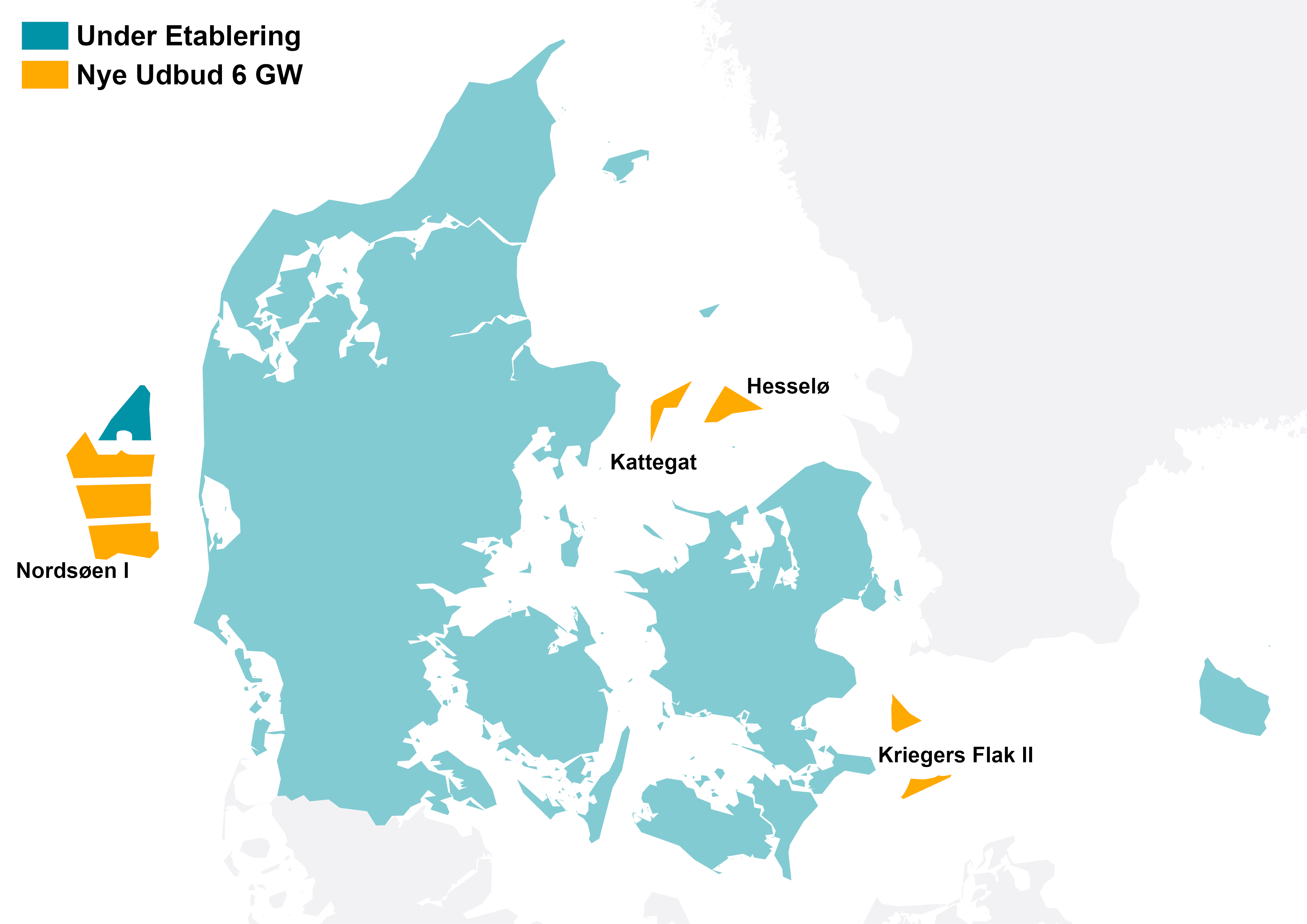When it comes to FMCG (fast moving consumer goods), employees delivering the brand promise are paramount to delivering quality service that creates satisfied and loyal customers.
For many supermarkets, this requires implementing a new service strategy. Yet the emergence of workplace subcultures resistant to change threatens the implementation of a new strategy based on the employee as a ‘brand ambassador’.
Resistance on the shop floor
For employees to start acting like brand ambassadors, the framework for the customer and service worker interaction has to be reinvented so that all employees foster customer relationships through ‘optimal service’.
Reconfiguring the shopping experience is relatively new, as it contradicts the whole notion of the self-service universe, where the traditional focus is on effective transactions of FMCG.

A service-orientated culture is key
Creating meaning
Behaviour disloyal to the managerial expectations demonstrates the practical consequences of employees distancing themselves from new service practices – or simply not seeing the point or meaning of the new practice.
Creating meaning is an absolute necessity, as the individual employees are the brand in the one-on-one customer situations.
Understanding this implies that what appears to be disloyal behaviour could be the result of the new service strategy forcing a new role identity onto employees, which could be in conflict with their self-image as employees at the company – a conflict one could avoid through proper education of the employees enabling them to understand the need for a service-orientated culture.
Engagement and education
In other words, it’s not the employees who should be blamed for their behaviour – it’s the lack of management understanding and respect for the individual employee’s need to engage in the process of creating meaning and purpose.
The implementation of a new service strategy requires managerial engagement and education on all levels of the organisation.
















